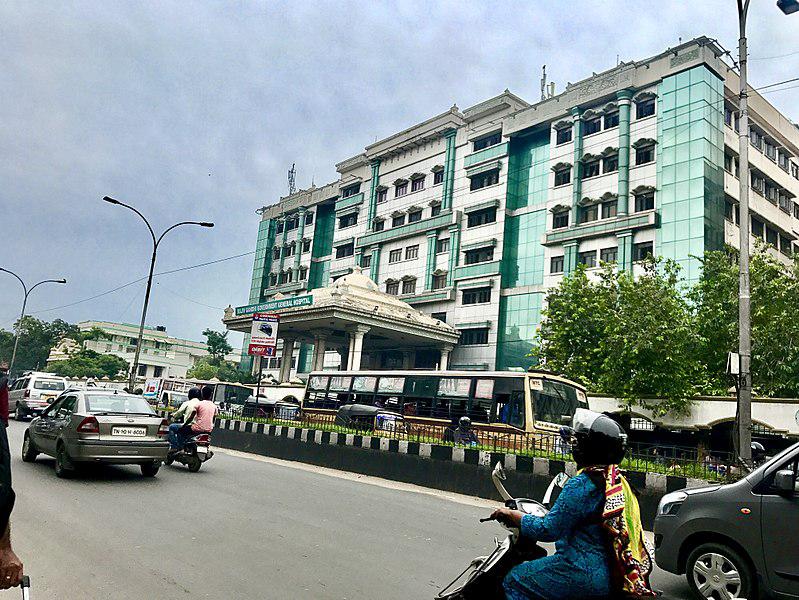New infection control protocols for CG hospitals in India

In an effort to enhance safety and infection control, the Health Ministry of India has mandated all health workers in Central Government hospitals to adhere to stricter guidelines. These guidelines have been issued regarding personal adornments and mobile phone usage.
This initiative is a crucial step towards reducing hospital-associated resistant infections, a significant health concern nationwide.
Effective immediately, healthcare professionals are instructed to remove all forms of jewellery from below the elbow, while on duty.
The jewellery includes rings, bangles, bracelets, religious threads, and wristwatches. This policy stems from evidence suggesting that such items can harbour and increase micro-organism counts on the skin, thereby elevating the risk of infection transmission.
Additionally, the usage of mobile phones has been restricted in critical patient areas such as Intensive Care Units, High Dependency Units, post-operative wards, and operation rooms.
The rationale behind this directive is to minimize the potential for infections to spread through these devices, which are frequently handled and seldom sanitized appropriately.
The Health Ministry’s order also allows hospitals to amend their Standard Operating Procedures (SOPs) regarding hand hygiene.
Specifically, hospitals may outline permissible areas for wearing wristwatches, ensuring they do not compromise the overall goal of maintaining optimal hygiene levels.
India ranks among the top countries for hospital-associated infections, with a significant burden of antimicrobial resistance as highlighted in one of the publications.
The report indicates a staggering 136 million hospital-associated resistant infections annually worldwide, with India among the most affected.
These new measures by the Health Ministry aim to address these challenges head-on. They ensure the safety and well-being of both patients and healthcare staff.
By enforcing these stricter infection control practices, the government hopes to significantly reduce the incidence of hospital-associated resistant infections.
At the same time, it also wants to improve the overall quality of healthcare services across the nation.
Image Credit: IM3847, CC BY-SA 4.0, via Wikimedia Commons
Image Reference: https://commons.wikimedia.org/wiki/File:Rajiv_Gandhi_Government_General_Hospital_in_Chennai.jpg









Leave a Reply